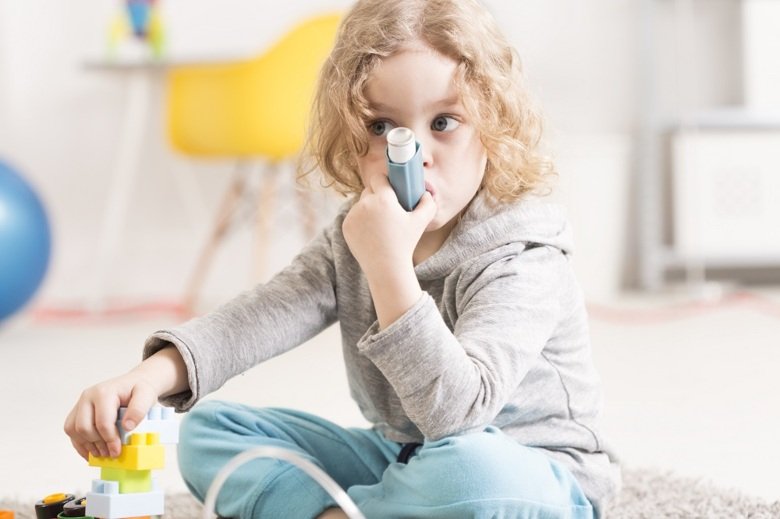New biomarkers for childhood asthma may facilitate early diagnosis

Researchers at Karolinska Institutet have followed children who have sought emergency care for wheezing during their first years of life and found specific biomarkers that can predict the need for asthma medication several years later. The study is published in the prestigious European Respiratory Journal.

Today, biomarkers for asthma are lacking in the youngest children, although asthma and asthma-like respiratory disorders are one of the most common causes of emergency visits to the hospital at preschool age. Therefore, it is difficult to assess the prognosis and need for treatment for these children.
“Our goal is to develop a molecular tool that can complement today’s clinically based diagnosis and prognosis,” says Cilla Söderhäll, associate professor of medical genetics at the Department of Women’s and Children’s Health, Karolinska Institutet, who led the study.
Predicted lung function at age 7
For a number of years, the researchers have followed a group of children who sought care for acute wheezing at the paediatric emergency unit of the Astrid Lindgren Children’s Hospital in Stockholm, Sweden. At the time of the emergency visit, the children were between 6 months and 3 years of age. In connection with the ongoing wheezing, the researchers were able to identify specific biomarkers that predict lung function and the need for asthma medication at 7 years of age. The biomarkers are based on differences in gene expression profiles in this patient group compared to children who have not sought emergency care for wheezing.
In addition, the researchers found an association between Vitamin D levels in infants and gene expression in acute wheezing, which supports the impact of Vitamin D levels for wheeze.
More personalised treatment
“Our findings contribute to increased knowledge about asthma in preschool children and provide information that increases the opportunities to identify children at risk of chronic asthma already at an early emergency visit,” says Cilla Söderhäll. “In the long term, early identification of preschool children at risk of developing chronic asthma can contribute to a more personalised and effective treatment of asthma in children."
The research was supported by The Swedish Heart-Lung Foundation, Stiftelsen Sven Jerrings fond, the Centre for Allergy Research at Karolinska Institutet, the Swedish Association for Allergology (SFFA), Freemason Child House Foundation in Stockholm, Konsul Th C Berghs stiftelse, the Swedish Asthma and Allergy Association’s Research Foundation, EU’s seventh framework programme, the Swedish Research Council, Knut and Alice Wallenberg Foundation, and Sigrid Jusélius Foundation. Two of the co-authors have a patent pending for “GlobinLock”, a method used in the study.
Publication
”Acute wheeze-specific gene module shows correlation with vitamin D and asthma medication”. Shintaro Katayama, Katarina Stenberg Hammar, Kaarel Krjutškov, Elisabet Einarsdottir, Gunilla Hedlin, Juha Kere, Cilla Söderhäll. European Respiratory Journal, online 16 October 2019, doi: 10.1183/13993003.01330-2019.
